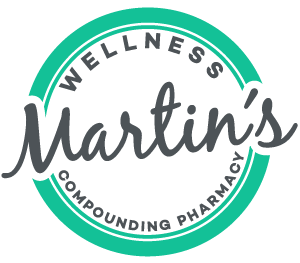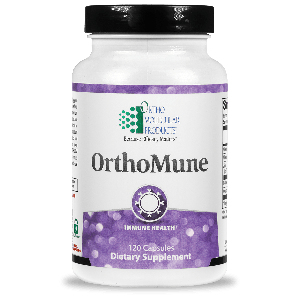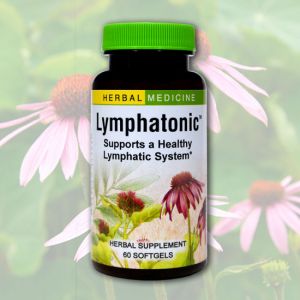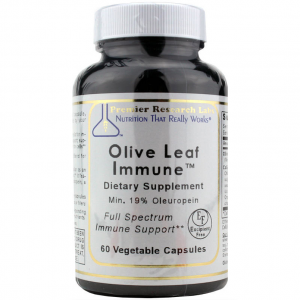Best Vitamins & Supplements to Help You Fight Off Colds and Flu
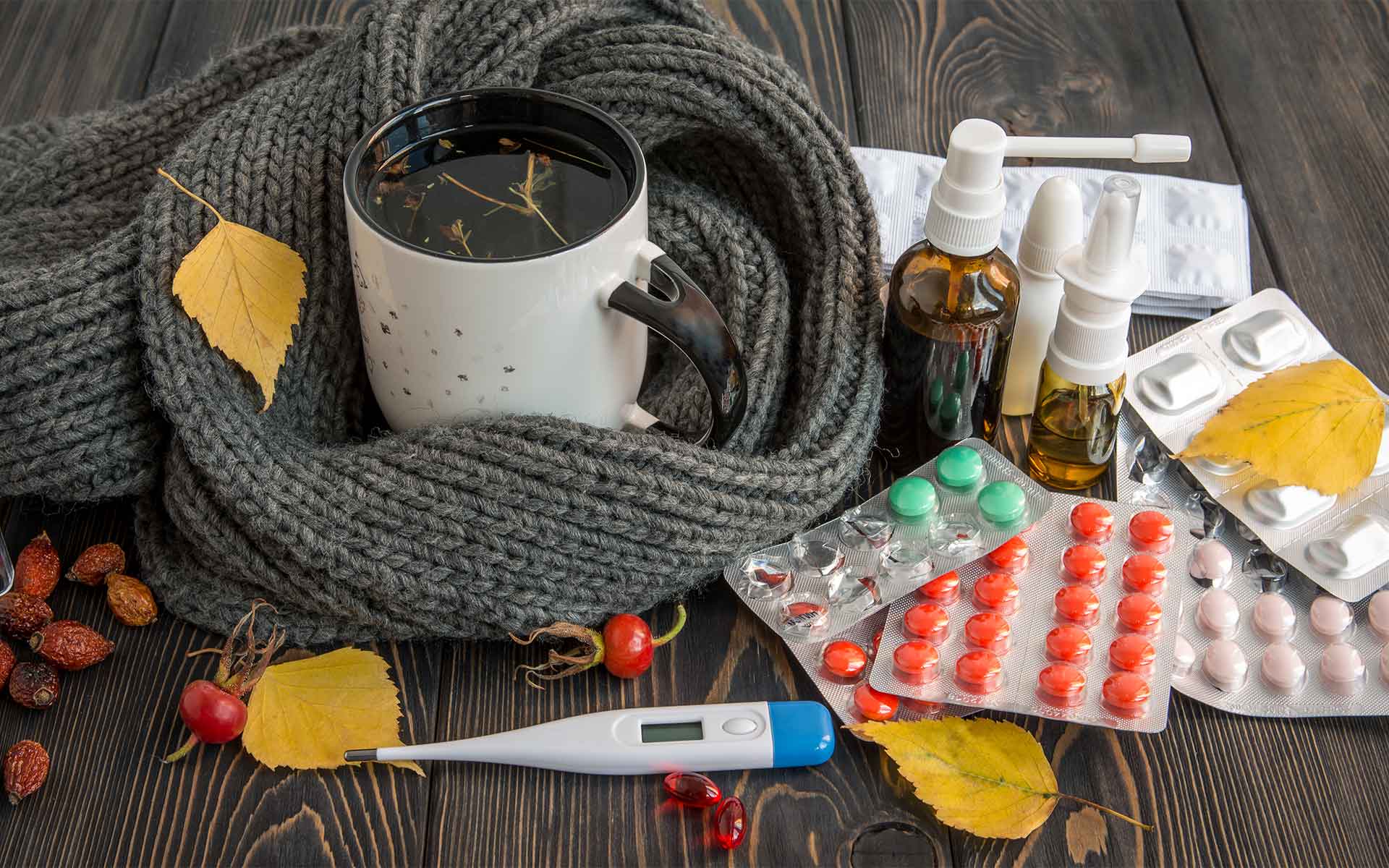
Winter is known for colder temps, holiday gatherings, and a spike in cold and flu cases. Whether it’s the colder temperatures weakening our immune systems or simply more time spent together inside passing germs - tis the season for catching sniffles and more. Naturally, the Martin’s Wellness Team experiences a regular spike in requests for natural remedies to prevent and treat these seasonal viruses, including which supplements are best for a cold or the flu.
Therefore, today’s blog post looks closely at the best vitamins and supplements to prevent colds and flu, including commonly associated myths, plus the side effects and risks each can present. We will also share the Martin’s Wellness Team’s top recommended supplements for cold and flu prevention, including lifestyle tips that can help keep you healthy during cold and flu season.
Table of Contents:
Common Myths Regarding Supplements for Cold & Flu


Influenza (a.k.a. the flu) and the common cold are both contagious respiratory illnesses, but different viruses cause them. The flu is caused by influenza viruses only; however, the common cold can be caused by a number of different viruses, including rhinoviruses, parainfluenza, and seasonal coronaviruses (not to be confused with the SARS-CoV-2, which is responsible for Covid-19).
It’s important to point out that there is no cure, like an antibiotic, for the common cold or the flu. However, there are remedies that can help ease and possibly shorten the duration of symptoms associated with these viruses. For example, questions routinely asked around this topic include “does vitamin c help with colds?” or “does elderberry help with cough?” However, although there have been studies conducted to address these questions and others about the best cold vitamins, the results can be confusing.
Furthermore, there is evidence that too much of some vitamins or supplements can be harmful. In order to dissect fact from fiction, we will review each of the most popular natural vitamins and supplements purported to prevent or treat colds and flu, including what evidence supports or debunks these claims.
Natural Vitamins & Supplements to Prevent Colds and Flu
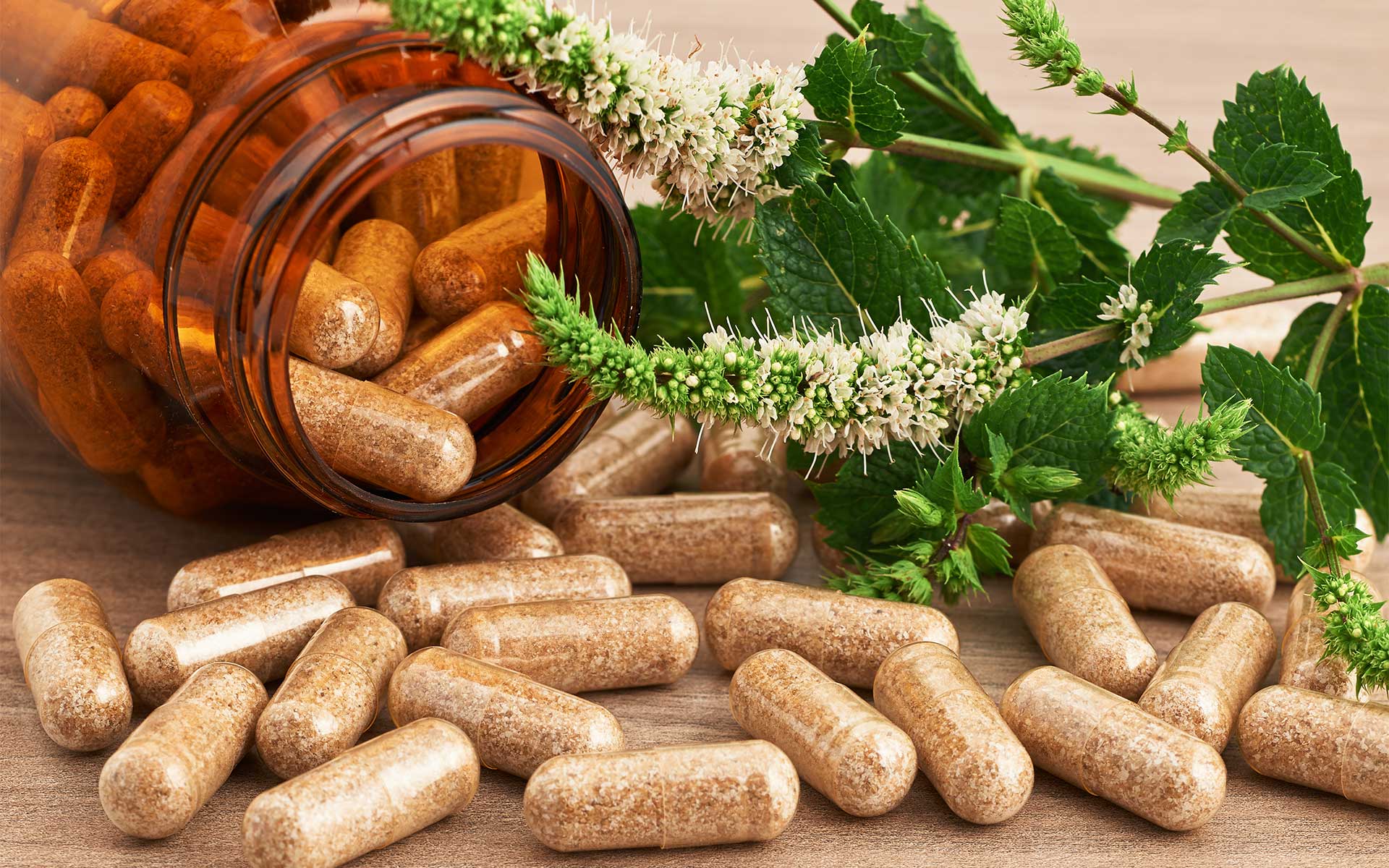

When it comes to supplements and vitamins for colds and flu, there are a handful of natural remedies that regularly dominate the discussion, as well as a few lesser-known supplements that can help prevent these viruses. This next section addresses each of these supplements for flu or cold prevention, including any common myths that scientific data cannot support.
Vitamin C for Colds
Vitamin C has long been purported as one of the best supplements for colds. However, what data actually supports this claim? Will vitamin C help with a cold, or is this just a well-circulated rumor? We consulted our wellness professionals and the studies available to answer the age-old question of does vitamin c help colds - and here is what we’ve found.
Several randomized controlled trials and a few reviews, including a Cochrane review1 involving more than 11,000 people, have examined the effects of taking vitamin C for colds. Overall, vitamin C failed to demonstrate any reduction in the incidence of colds in the general population. However, regular supplementation may decrease the duration of a cold.
So, based on these results, it seems how much vitamin C to take when sick is the next question to explore. The tendency to believe that more is better is strong; however, too much vitamin C can lead to gastrointestinal issues, which typically resolve quickly once the usage is discontinued. According to the dietary guidelines, the max amount of vitamin C that is safe to take each day is 1800 milligrams.
Vitamin D for Colds
Vitamin D is involved in many of the body’s cellular processes, including regulating immune cells during infections. Therefore, its link to cold and flu relief is plausible. In fact, studies have shown an association between low vitamin D levels and a higher risk of viral infections of the upper respiratory tract.2,3
So how much vitamin D does the body need to support immunity? The Mayo Clinic recommends that adults get at least an RDA (recommended daily allowance) of 600 IU daily. However, 1,000 to 2,000 IU per day of vitamin D from a supplement is generally safe and should help people achieve an adequate blood level of vitamin D for optimal health. Also, it’s always best to consult your pharmacist or physician before increasing your daily vitamin d intake.
Echinacea for Colds
Echinacea (Echinacea purpurea) is an herb commonly used in response to or taken daily to prevent the common cold. Although studies have shown that taking echinacea might reduce the risk and duration of upper respiratory infections like the cold, the trial effects have been too small to provide statistical or clinical significance.4,5 Although echinacea is generally safe to take before or during a cold, there are some risks, which we’ll address later in this post.
Zinc for Colds
Zinc, like vitamin C, is also widely believed to be one of the best vitamins for a cold. It’s an essential mineral involved in hundreds of enzymes and plays many roles, including in antioxidant enzymes, brain function, and the immune system. Zinc has been linked to shortening colds, especially if you take it right after cold symptoms start.6,7
Taking up to zinc lozenges at the onset of symptoms is safe and may help; however, do not exceed 100 mg of zinc daily for up to two weeks. Also, keep in mind that zinc is present in foods and many supplements, notably multivitamins, so check labels to ensure you are not taking more zinc than intended.
Elderberry for Colds & Flu
Elderberries are known for their antioxidant processes and are associated with helping shorten the length of flu and cold symptoms. Small studies have demonstrated its efficacy in shortening the duration of flu symptoms and shortening the duration and severity of cold symptoms.8,9 However, these studies have been either too small or weak in quality, so the true efficacy of elderberries in helping alleviate cold or flu symptoms is still in question.
Garlic for Colds & Immune Support
Garlic is thought to have antibacterial and antiviral properties; however, studies demonstrating its efficacy against cold and flu symptoms are very limited. In fact, we found only one small trial that supported garlic supplementation in decreasing the incidence of a cold.10
Ginseng for Colds & Flu
American ginseng (Panax quinquefolium) and Asian ginseng (Panax ginseng) have both been studied in relation to upper-respiratory infections. One study10 demonstrated that American Ginseng taken daily over 3 to 4 months during flu season might decrease the risk of developing a cold or flu, as well as reduce symptom severity and duration during infection. Another study showed that taking Asian ginseng in the weeks leading up to flu vaccine administration can decreases the occurrence of flu.11
Andrographis for Colds & Immune Support
Andrographis is an herb from south Asia and is commonly referred to as the Indian echinacea. There have been convincing studies around its efficacy in significantly improving cold symptoms when started within three days of the onset.12 There's also some early evidence that it may reduce the chances of catching a cold if taken for several months beforehand.
Pelargonium Sidoides (Umckaloabo) for Colds
Extracts of this herb have been promoted for the relief of various respiratory conditions, including bronchitis, sinusitis, tonsillopharyngitis, and the common cold. Studies indicate it may be effective in alleviating symptoms of the common cold; however, the overall quality of the evidence is low.13 Therefore, more studies are necessary to determine the true efficacy of pelargonium sidoides as an effective supplement for cold relief.
Probiotics for Immune Support
Probiotics are commonly associated with gut health, but several randomized controlled trials on a variety of strains and doses, including reviews and meta-analyses, have been conducted to examine the effects of probiotics on the common cold.14 However, the most reliable scientific data, as summarized in a Cochrane study, concludes that there isn’t enough evidence to demonstrate that probiotics impact incidents of cold.15
Cold Supplements Side Effects & Risks


Although natural vitamins and supplements to prevent colds and flu are readily available and commonly used, some risks are associated with some of these supplements, which are outlined below.
- • Vitamin C in high doses can upset the stomach and even cause diarrhea in some people, especially children.
- • Echinacea can interact with medications, particularly immunosuppressive drugs. It is also not recommended for pregnant women, immunocompromised individuals, or those suffering from severe allergies to the Asteraceae/Compositae family, which includes ragweed and chrysanthemums.
- • Zinc lozenges can cause nausea and dysgeusia (a change in taste perception)
- • Elderberries not properly cooked can cause nausea or, worse, cyanide toxicity. Any other part of the plant outside of the berries is poisonous and should not be consumed in any form. Elderberries are also not recommended for pregnant women.
- • Garlic may also cause nausea, vomiting, and heartburn, and it is associated with antiplatelet activity and can increase prothrombin time, so caution should be used in patients taking warfarin or antiplatelet agents.
- • Ginseng should be avoided in patients concomitantly taking warfarin and other antiplatelet agents.
- • Andrographis has demonstrated possible gastrointestinal side effects, like diarrhea and vomiting.
- • Pelargonium Sidoides should be avoided by Patients who are immunocompromised or suffer from an autoimmune disease, as the immunostimulant effects can worsen these disease states.
Cold & Flu Supplements Recommended
by Martin’s Wellness Team
We consulted our team of wellness experts to recommend the supplements they prefer to bolster immunity during the cold and flu season, and these are the top three recommendations available at Martin’s Wellness.
The first is Olive Leaf Immune, a full spectrum olive leaf formula that supports immune and cardiovascular health and supports a healthy environment for cells without harming beneficial bacteria.
Next is Lymphatonic, an all-natural supplement that has been shown to relieve congestion and improve overall lymphatic system function with regular use.
Finally, Orthomune is a dietary supplement created with a balanced blend of flavonoids and essential vitamins and minerals to provide safe, long-term immune support without overstimulating the body's natural defenses.
Tips for Preventing Cold & Flu


As cold and flu season arrives with cooler temperatures every year, plenty of natural supplements can help you manage symptoms associated with these viruses, including some that may help prevent inception. However, the best defense is a healthy lifestyle, including diet, exercise, and stress management. Keep reading for our top tips in cold and flu prevention.
Physical Activity
Exercise is essential to a healthy immune system. Regular exercise contributes to better overall health and helps support your immune system by providing health-positive benefits, such as:
- • Stimulates cellular immunity
- • Improves sleep
- • Reduces cardiovascular risk factors
- • Decreases stress and other conditions like depression
- • Reduces inflammation
Flu Shots
The flu vaccine is highly effective in preventing the flu when administered annually. Furthermore, contrary to what some say, the flu vaccine cannot give you the flu.
Avoid Large Crowds
Large crowds carry the risk of germ transmission. As we learned with social distancing during the pandemic, avoiding large crowds during peak cold and flu season can help diminish opportunities for your system to catch a bug.
Eat Healthy Foods
A healthy diet is essential to delivering vitamins and minerals to your body - many of which we discussed earlier in this article, like vitamins C and D. A healthy diet should consist of fresh and whole foods, including fruits, vegetables, lean proteins, and whole grains. It’s best to limit the amount of processed and artificially sweetened food and drinks as much as possible to maintain optimum health.
Martin’s Wellness is an Austin-based compounding pharmacy focused on whole, integrative health. We offer a wide variety of natural supplements that address a number of health concerns, and our focus is always on providing the highest quality, safest, and most effective products possible - available for purchase at any of our two locations or in our online shop.
